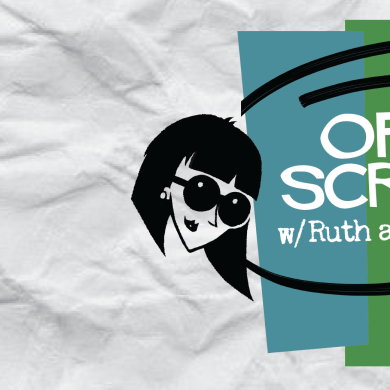By CreativeFuture
From nostalgic front-runners like Super Smash Bros. and The Legend of Zelda to mainstream favorites like Destiny and Fortnite, the video game industry’s hottest properties were a perfect match for live streaming – a widely popular trend that allows gamers to broadcast their gameplay to millions of people. However, the exponential growth of live streaming has created a number of copyright pitfalls that button-mashers should watch out for.
Twitch website homepage, Casimiro PT / Shutterstock.com
Twitch is the boss of live stream platforms and serves as a central hub for broadcasters, game publishers, and viewers alike. Since its launch in 2011, Twitch has evolved into the most prominent live streaming platform for video games — drawing in nearly two million unique broadcasters per month and recording over 355 billion minutes watched. According to a report from SuperData, a gaming industry research firm, Twitch now has a larger audience than Netflix.
According to Play2Live forecasts, the revenue projections of the gaming industry will near $130 billion by 2020. As a result, streaming platforms are tailoring their legal policies and adapting to new technology to advocate legal streaming, viewership, and creativity in the digital space. But as a streamer, it is important to be aware of potential legal mishaps and protect your channels from copyright infringement. Here’s what you need to know:
Developers Legally Own Rights to Use of the Game
Under copyright law, game developers and publishers legally own the rights to use of the game – including images and video. This means they can limit and control how their video is being broadcast during a live stream on platforms like Twitch and YouTube. Developers can file takedown notices aiming at infringing material and deny streaming of their game. In 2013, Nintendo issued several takedown notices to high-profile streamers and eventually settled on a deal with YouTube to split the ad revenue.
While players are protected under “fair use,” meaning an individual can broadcast gameplay for “purposes such as criticism, comment, news reporting, teaching, and research without the need for permission from or payment to the copyright holder,” understanding the law can aid in ensuring that what you are streaming on your channel is actually legal.
Copyrighted Music Can Jeopardize Your Stream
Playing copyright-protected tunes during your livestream can also be copyright infringement. Original songs and recordings are protected by copyright law, and while streaming platforms typically enforce this by monitoring unauthorized use of copyrighted music, streamers need to ensure their channels are legit. In fact, Twitch provides a music library with over 1,000 pre-cleared songs available to streamers to use on their content.
Video Game Piracy is Real, but the Joke’s on You
Video games are protected under copyright law – meaning it only grants permission to the creator to duplicate or sell the work, including images, code, characters, and dialogue. And with the gaming industry representing a large portion of the entertainment landscape, a great deal of sought-after titles are being distributed illegally. For example, according to research by TruOptik, in 2014, 2.4 BILLION games were downloaded illegally.
Eager players are quick to capture the latest releases, but developers are finding creative ways to fight back. Streaming pirated games can result in loss of online gaming privileges, getting banned from consoles like Xbox or PlayStation, becoming a victim of malware attacks from downloading counterfeit versions of the games, and even getting caught by in-game anti-piracy traps. For example, the developers behind Grand Theft Auto IV took matters into their own hands by automatically accelerating and crashing any car the main character would enter, while The Witcher 2 made sure sex scenes included a wrinkly old granny! Eek!
In the end, live streaming is a unique practice to each individual player, but copyright law and intellectual property must be part of the conversation. It’s important to understand platform policies, as well as the law, to avoid pitfalls and ensure your stream is up to par.
Modern gaming is more than battling enemies, defeating bosses, and smashing all the things. It’s about understanding streaming platforms and sticking to the rules. Besides, no one really wants to be perceived as a n00b. I mean, we sure wouldn’t!





